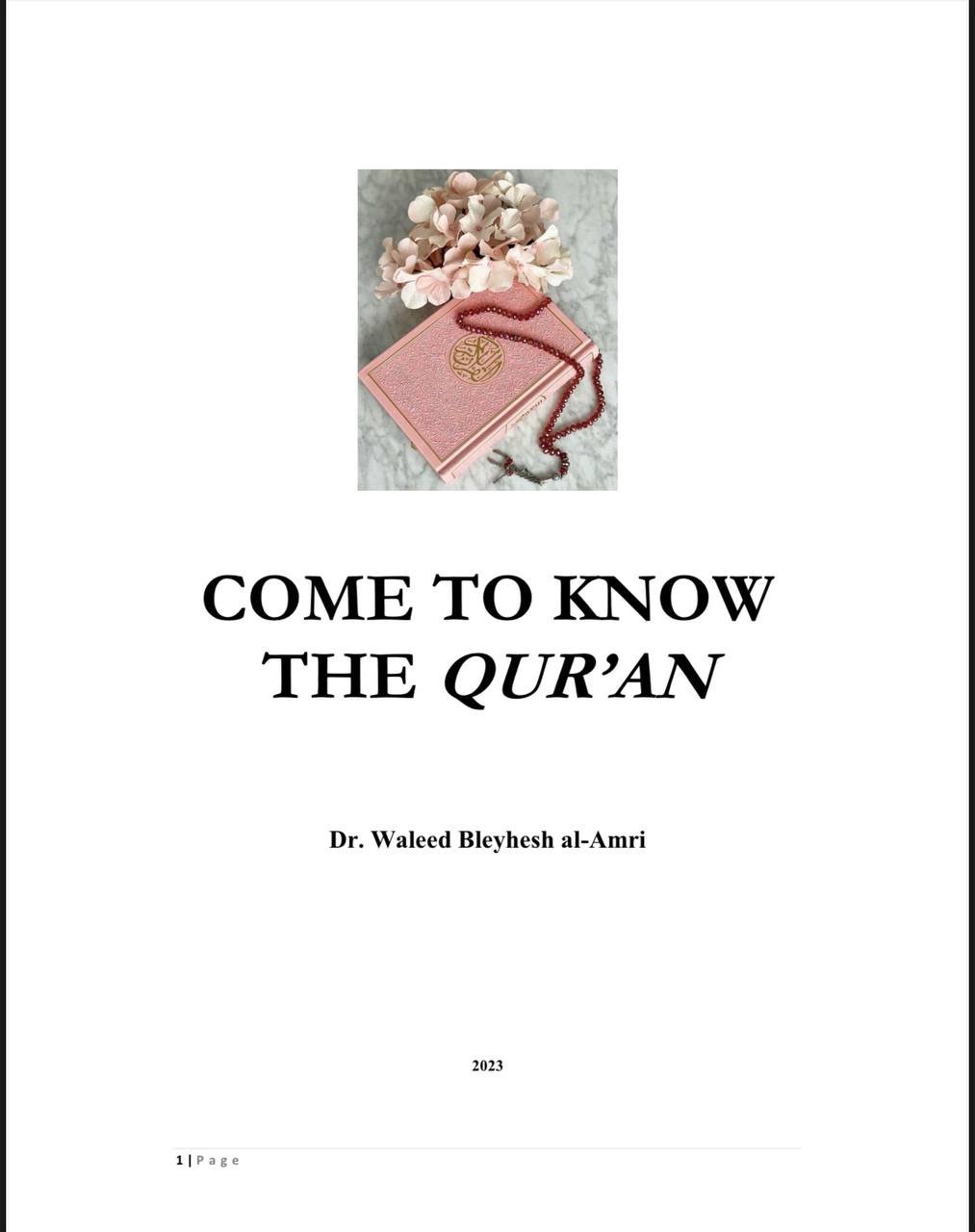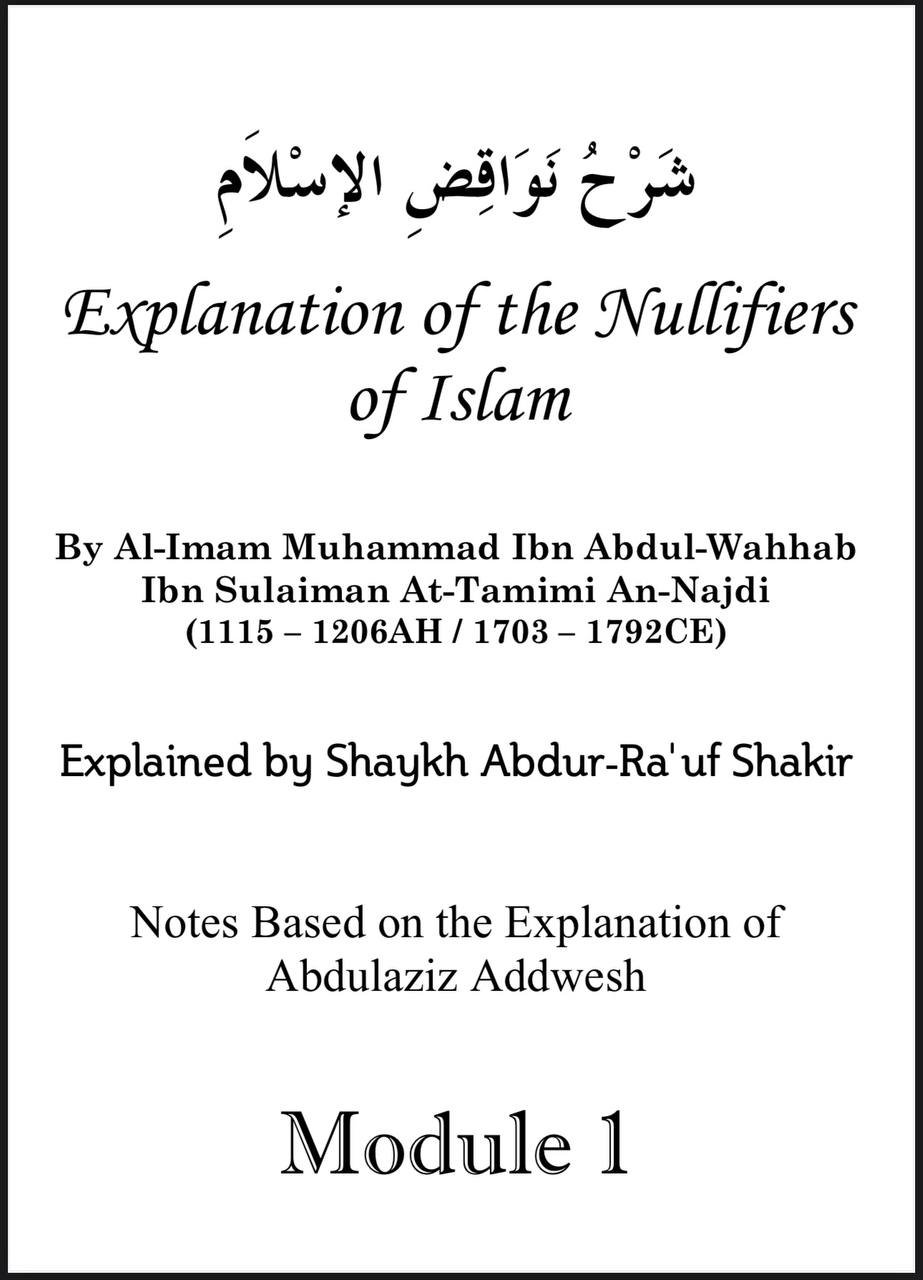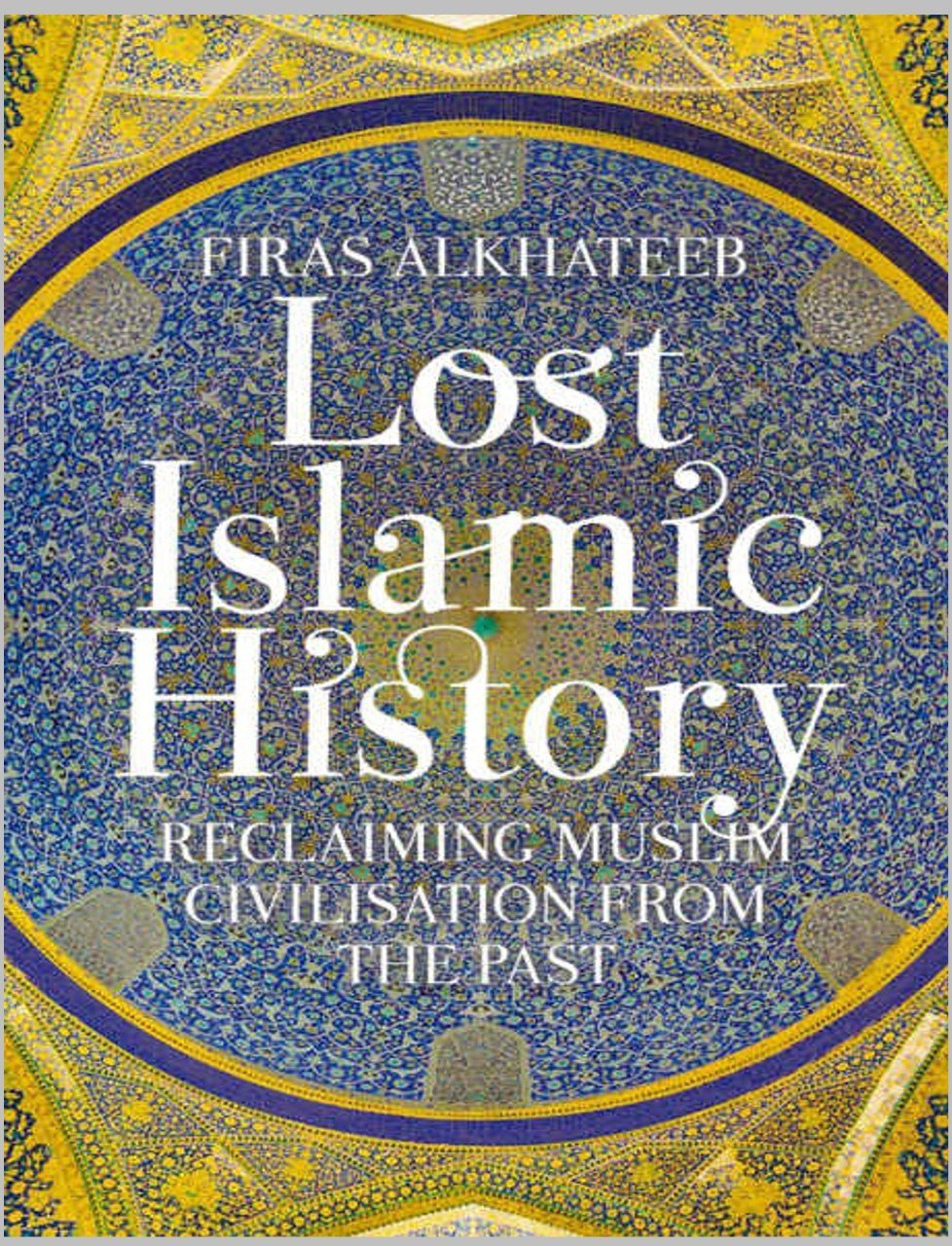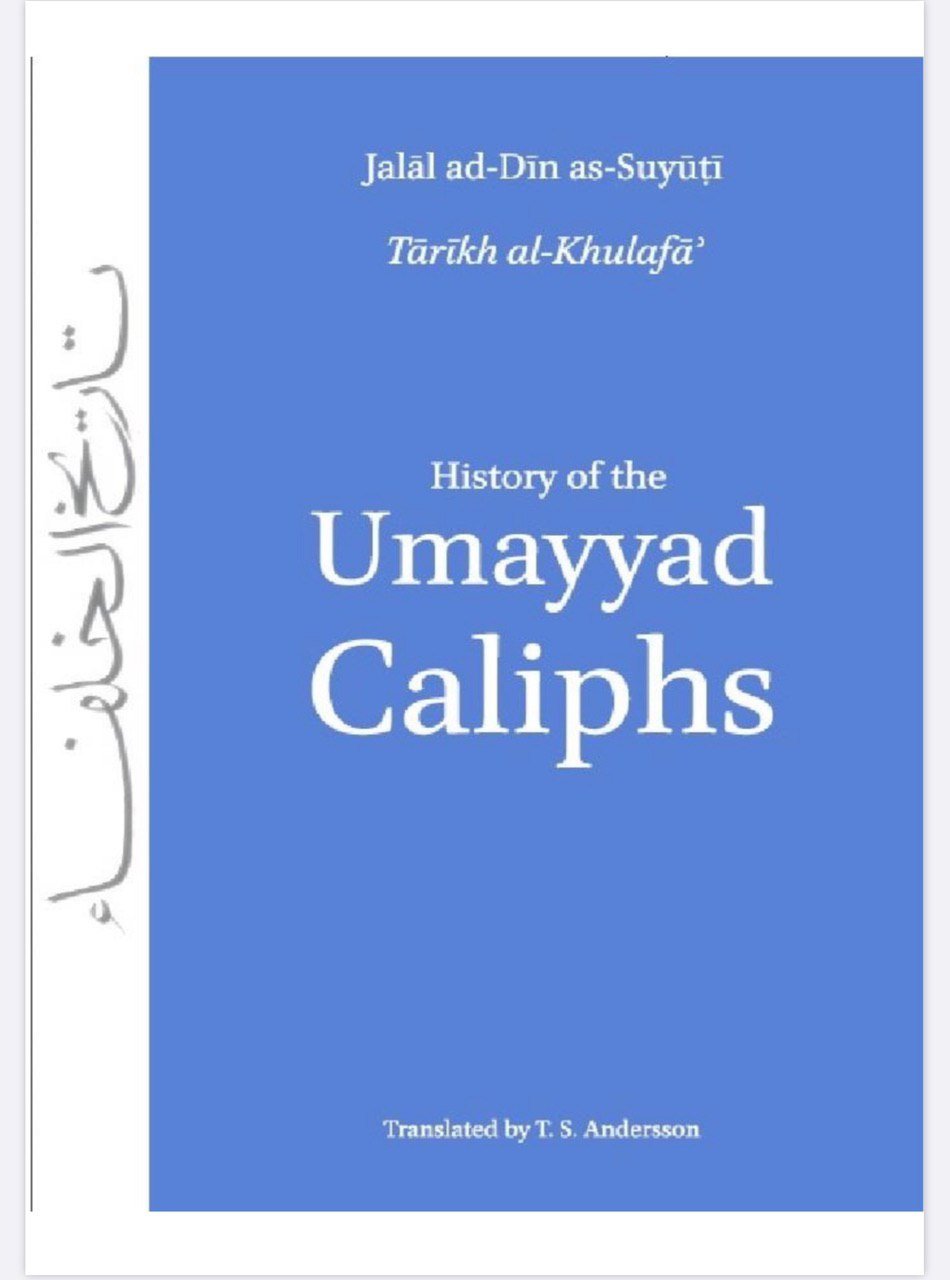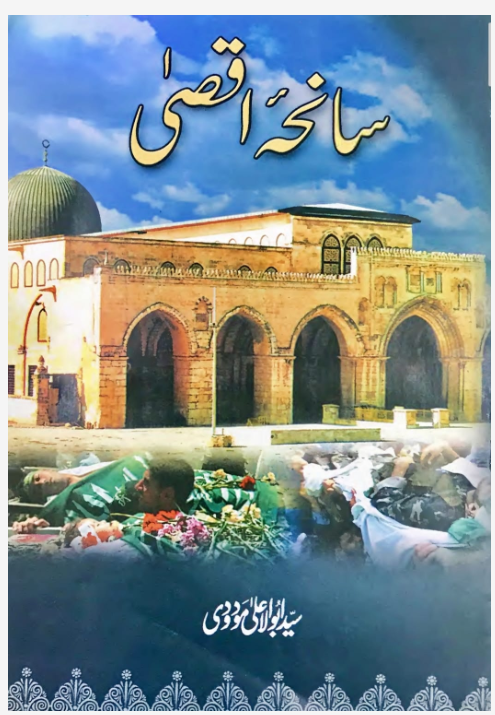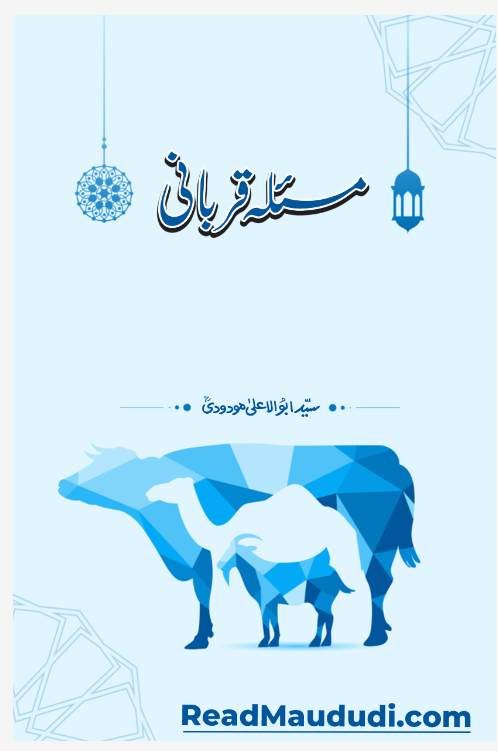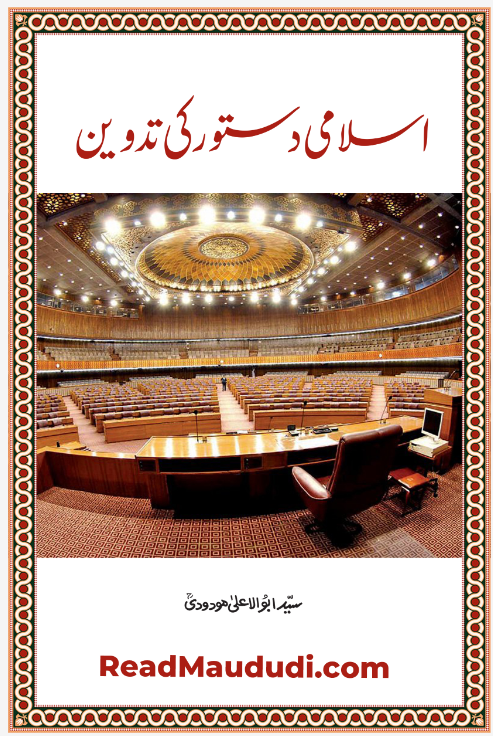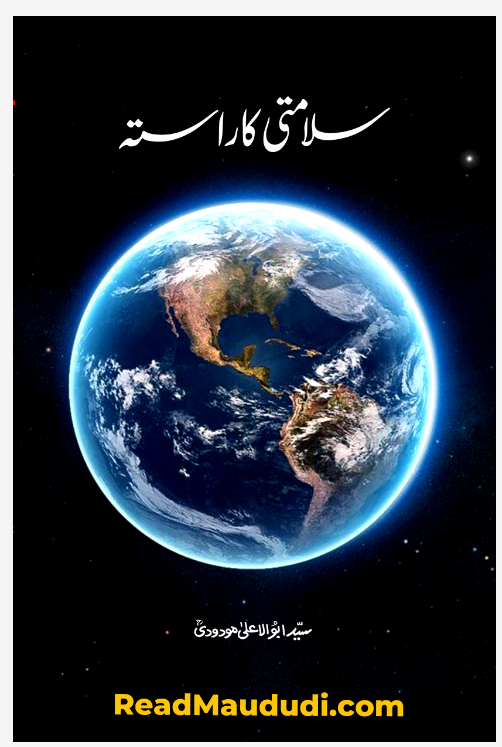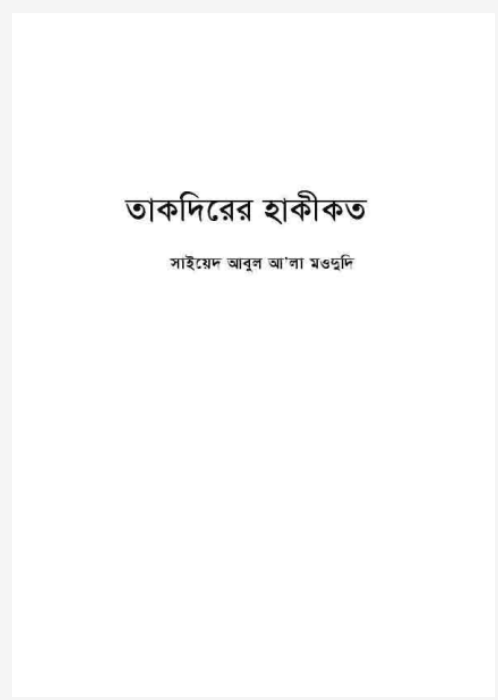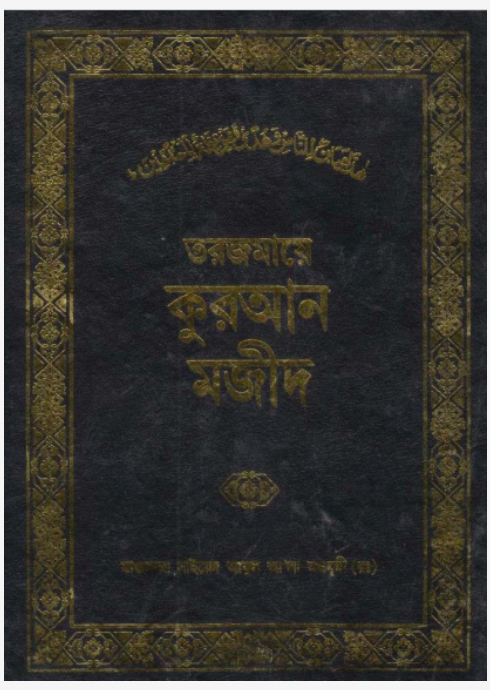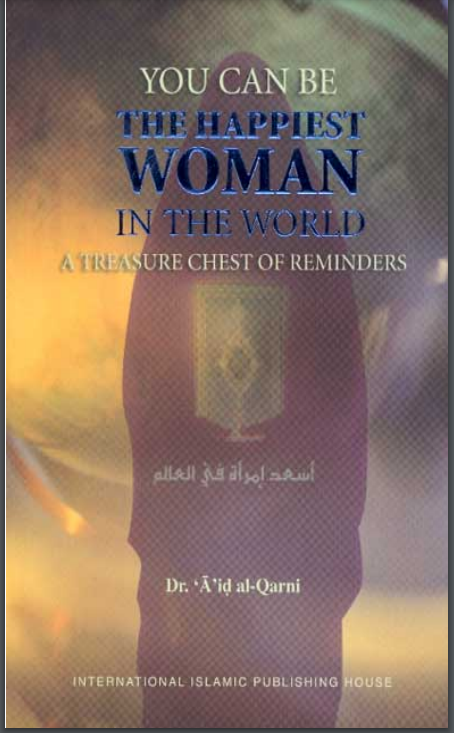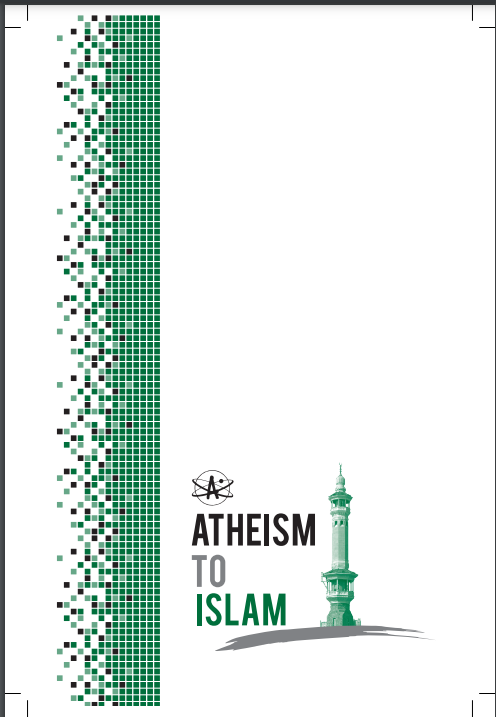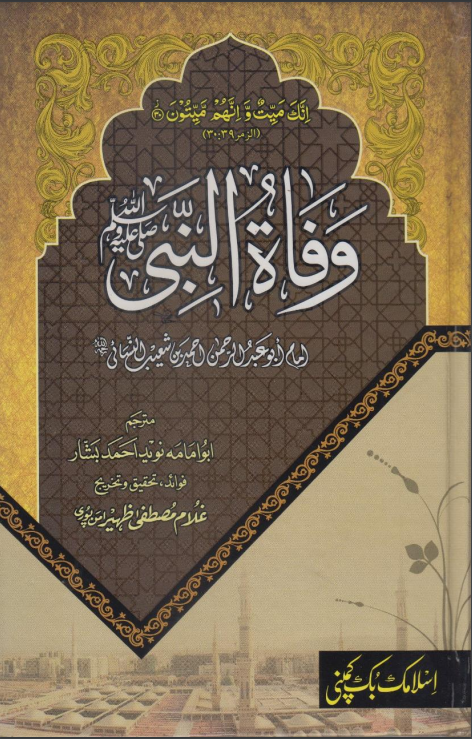

Dictionary of Religious Words and Expressions
Reviews
No review yet. Be the first to review this book!
Description
"Dictionary of Religious Words and Expressions" by Abdullah Abu Eshy al-Malki is a comprehensive reference work that aims to elucidate a wide array of terms and phrases commonly used in Islamic texts, lectures, and discourse. This dictionary is specifically designed to assist readers, students, and scholars in understanding the meanings and contexts of religious terminology in Islam. It addresses not only common words from the Qur'an, Hadith, and other Islamic sources but also terms used in Islamic jurisprudence (Fiqh), theology (Aqidah), and spirituality. Al-Malki’s dictionary provides clear, concise definitions that are grounded in classical Islamic scholarship while also ensuring accessibility for contemporary readers. Each entry in the dictionary is meticulously researched, and the explanations are enriched with references from authoritative Islamic texts and scholars. This makes it a valuable resource for those wishing to deepen their understanding of Islamic concepts, whether they are novices or advanced students of Islamic studies. The dictionary covers a broad spectrum of subjects, including the foundational beliefs of Islam such as Tawhid (monotheism), Risalah (prophethood), and Akhirah (the afterlife), as well as terms related to Islamic rituals like Salah (prayer), Zakat (almsgiving), and Hajj (pilgrimage). It also explores various theological discussions, including terms related to Islamic mysticism (Tasawwuf) and the differences in the various schools of thought (Madhahib). Furthermore, al-Malki touches upon topics of Islamic ethics, social responsibilities, and governance, providing a holistic view of the religious vocabulary within the broader framework of Islamic law and morality. One of the notable features of this dictionary is its attention to the contextual use of terms, which allows readers to grasp the nuances of the language and its application in different scenarios. For example, some words in Islamic theology may have different meanings depending on the context in which they are used—whether in a legal, spiritual, or historical setting. By providing these contextual insights, al-Malki helps prevent misinterpretations and encourages a deeper comprehension of Islamic terminology. The "Dictionary of Religious Words and Expressions" is particularly beneficial for non-Arabic speakers or those new to studying Islam. It serves as an invaluable tool for accurately understanding Islamic terms that may appear in lectures, religious sermons, or academic discussions. Moreover, the dictionary serves as a bridge between the classical Arabic of the Qur'an and Hadith and the modern understanding of Islamic concepts in various languages. Overall, Abdullah Abu Eshy al-Malki's dictionary is a well-structured and insightful work that addresses the need for clarity and precision in understanding Islamic religious terms. It stands as a useful reference for anyone seeking to explore the vast and intricate world of Islamic language and thought, providing a clear roadmap for navigating the complexities of religious discourse in Islam. Whether for personal learning or academic research, this dictionary remains an essential resource for Muslims and students of Islam around the world.
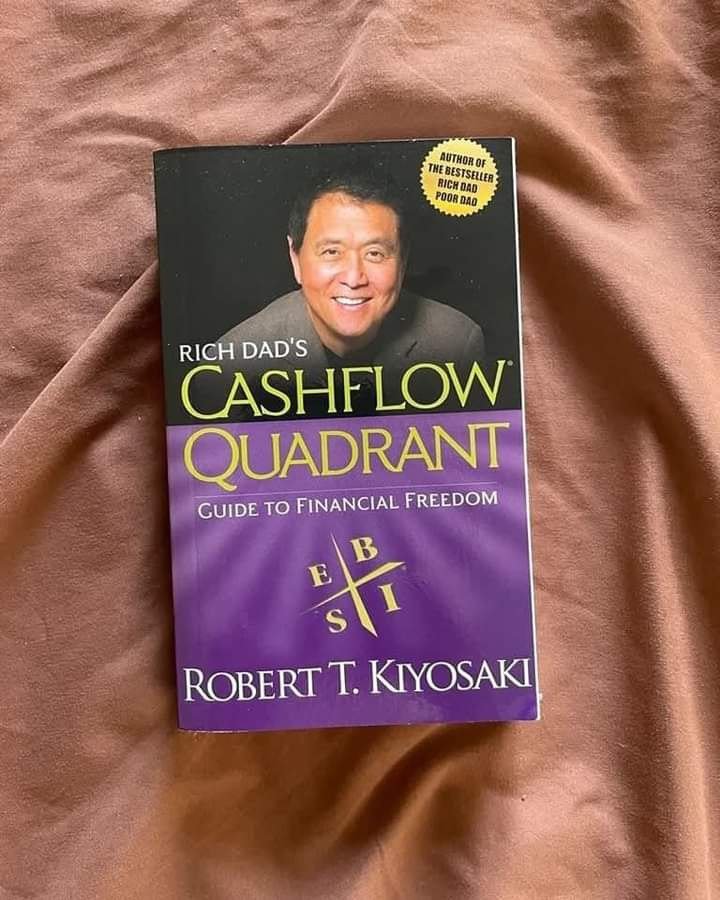
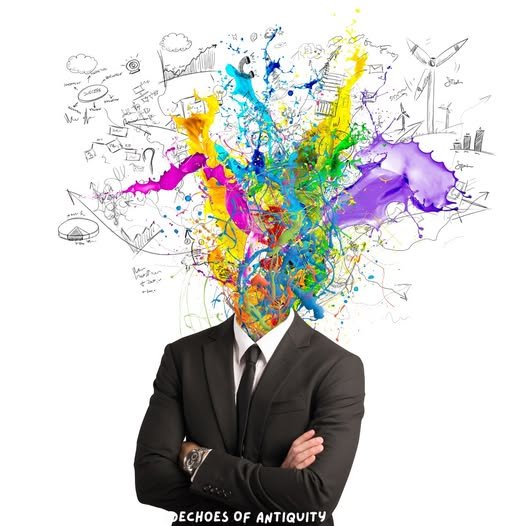



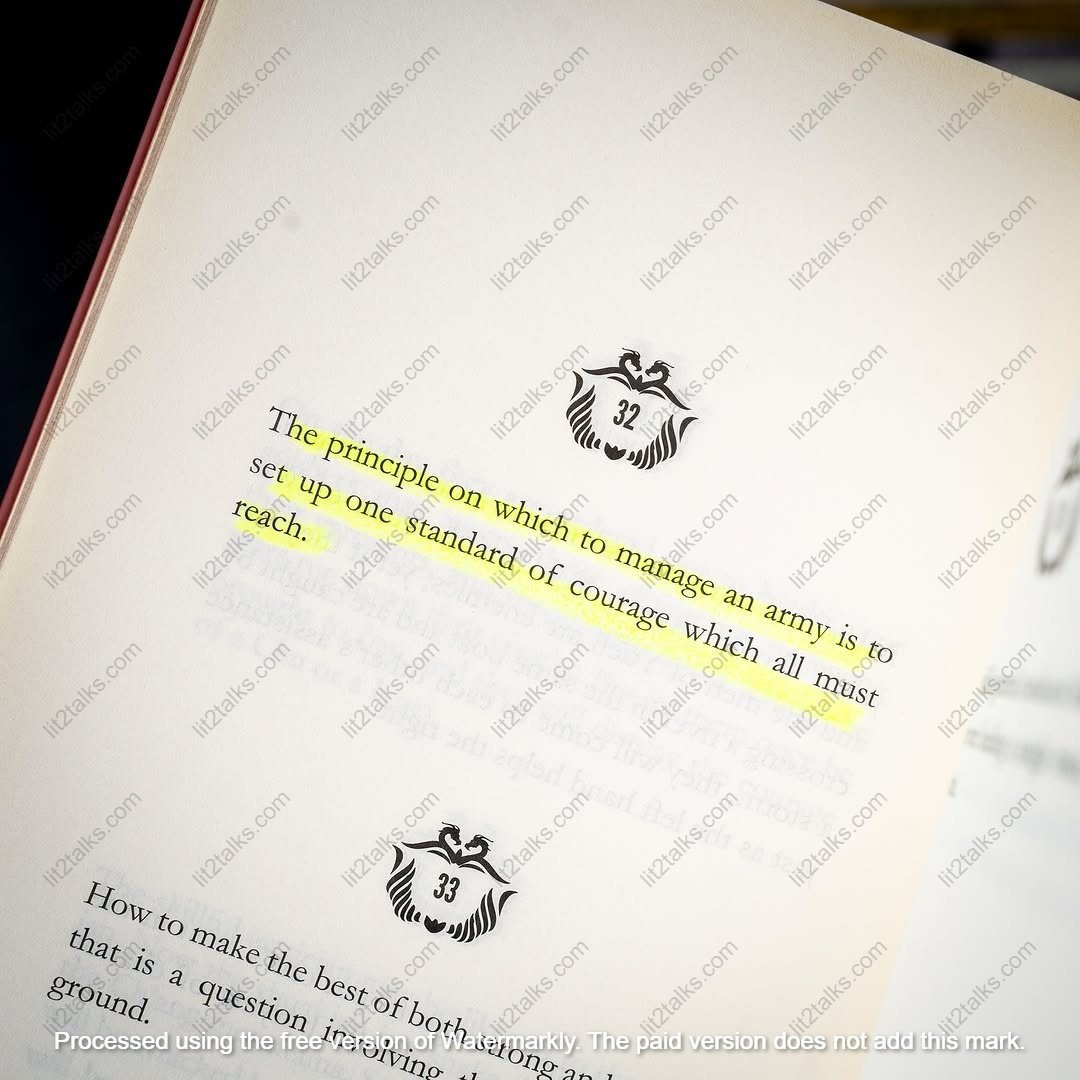















.jpg)

.jpg)

.jpeg)
.jpg)

















.jpg)

.jpg)








.jpeg)





.jpeg)


.jpeg)


.png)








.jpeg)
.jpg)







.jpg)
.jpg)





